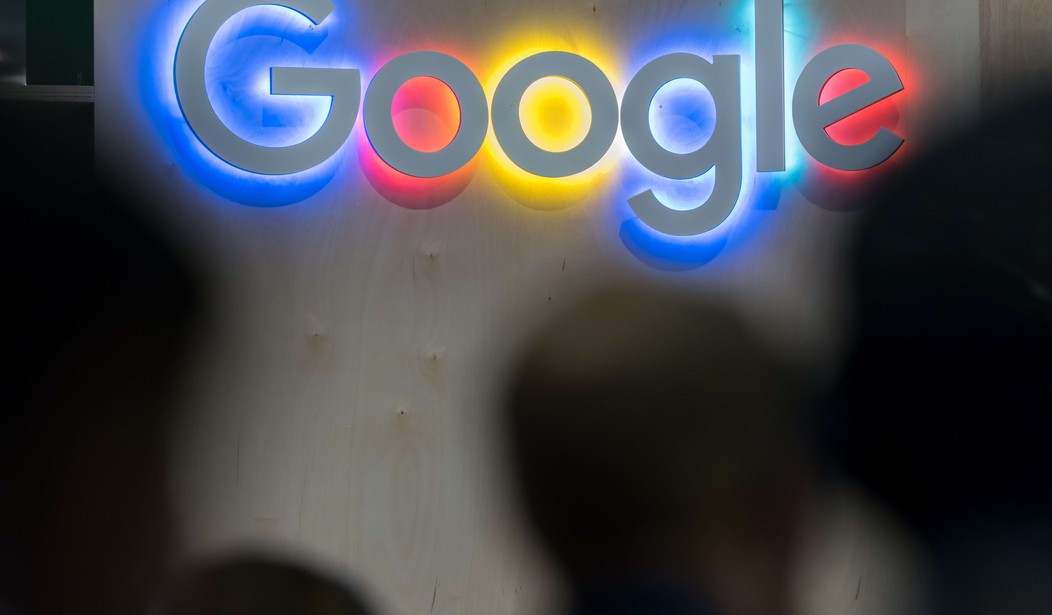We spent a great deal of time talking about inequality of opportunity and outcomes. The tech industry is fanatically progressive in its opinions, as the unfortunate James Damore, formerly of Google, recently learned. The tech industry’s drivel about diversity and equality masks a guilty conscience: Digital technology creates inequality of a kind we have never seen before in human history.
Instead of talking about inequality of outcomes, suppose we talked about inequality of knowledge?
Three hundred years ago, pretty much everyone knew how their technology worked. Europe had lived for a millennium on the innovations of the Carolingian Renaissance: the water wheel, the horse collar, and three-field crop rotation. Everyone knew how a water wheel worked. Water pushed the paddles and gears turned the millstones. Not everyone knew how a steam engine worked, but a lot of people did. The same applied to internal combustion engines.
Not only were those technologies easy to understand: They were easy to make. Any competent carpenter could build a water wheel. The Wright brothers built their first airplane in a bicycle shop. Henry Ford made his first internal combustion engine out of spare parts in a backroom at the Edison Illuminating Company of Detroit.
How many people know how a computer works? Solid-state electronics depends on quantum theory, which is understood by one in 10,000 Americans at best. To build a competitive integrated circuit now requires a multi-billion-dollar plant. A numerically minuscule elite invents the technologies we use every day, and a handful of large corporations access the capital required to manufacture them. Apple and Microsoft dominate their industries by making them easy to use. How long has it been since anyone typed an instruction into a computer, as we did in the antediluvian days of DOS? We use an “intuitive” graphic interface that does all the work for us.
Industrial robots, 3-D printing, and similar technologies permit a few scientists and programmers to do what tens of thousands of industrial workers once did. The factory floors of modern plants are empty except for the maintenance personnel, with robots guided by white-coated technicians in a glass bubble overhead. One computer scientist with a plan, Jeff Bezos, has laid waste to the retail industry. He employs 350,000 people to put merchandise inside cardboard boxes, until the robots replace them.
Inequality is spreading into the furthest corners of the world economy. In remote villages where everyone farmed the same kind of subsistence plot or sat in the same kind of market stall, mobile broadband allows the cleverest person in the village to access the global market through platforms like Alibaba. The grim equality of rural life will disappear; the talented few will gain access to markets and capital and get rich by hiring their neighbors.
The great divide is not between black and white, or male and female. We are turning into two races: Eloi who play video games and Morlocks who program them. The July 3 New York Times reported, “By 2015, American men 31 to 55 were working about 163 fewer hours a year than that same age group did in 2000. Men 21 to 30 were working 203 fewer hours a year…video games have been responsible for reducing the amount of work that young men do by 15 to 30 hours over the course of a year. Between 2004 and 2015, young men’s leisure time grew by 2.3 hours a week. A majority of that increase — 60 percent — was spent playing video games.”
When Ronald Reagan was president, the United States had the world’s only functioning capital markets and the overwhelming preponderance of expertise at its universities and national or corporate laboratories. Today there are two billion Asians whose parents were immured in utter backwardness who now have a chance at the brass ring. China graduates four times as many STEM bachelors as the United States and twice as many PhDs; a generation ago the Chinese university system had just begun to pick itself up out of the ruins of the Cultural Revolution.
China is a merciless meritocracy. Part of the glue that held the Chinese imperial system together these past three thousand years is the chance that every Chinese has to get rich by passing what used to be the Mandarin examination. Ambitious Chinese kids spend months at college-exam boot camp living in cramped dormitories and studying eighteen hours a day. A lot of Chinese and other Asian universities are tawdry diploma mills that produce ill-trained drones, but the best of them rank with Stanford or Caltech. The byword in American education is “No child left behind.” In Singapore, it’s “You must be exceptional to survive.”
The Asian system, to be sure, produces a lot of competent clones who can go through the motions and relative few independent thinkers. But the tech-driven economy doesn’t need a lot of independent thinkers. It needs a few innovators and a lot of competent implementation people. China may have fewer innovators per capita than the U.S., but it has a lot more capitibus than we do. Except for a few aberrant episodes like the Cultural Revolution, the Chinese never had an expectation of equality: They always assumed that the top scorer on the exam would go on to power and money.
Tech creates inequality. A Harvard student programs the prototype of Facebook and hits the sweet spot in the network effect and becomes a centibillionaire while a hundred thousand working journalists lose their jobs. A few programmers create Uber, and a million part-time drivers clear $12.00 an hour after costs. The tech billionaires are abashed at their own outsized success, and back diversity programs, income redistribution, and other means of assuaging their consciences. The quest for “diversity” and “equality” that dominates Google’s thinking runs headlong into intractable problems. American universities admit black students at roughly the same rate as white students, but the graduation rate for black men six years after matriculation is just 40%, vs. 70% for Asian men and 62% for white men. We blame their failure on “micro-aggression” (but don’t explain why black women, who presumably are more oppressed even than black men, have a much higher graduation rate).
As mobile broadband penetrates the remotest crevasses of the world economy, the filter for talent will become finer. People whose parent worked a subsistence plot or manned a market stall will compete with the thoroughbred products of American prep schools on an equal footing. A wave of competitors is headed our way such as we have never seen.
If we focus on equality rather than excellence, we will be overwhelmed. A generation from now there will be a word for an American who works for an Asian: “Employed.” Our future lies in the talented few, not the mediocre masses — and if we repudiate them, the future will repudiate us.











Join the conversation as a VIP Member